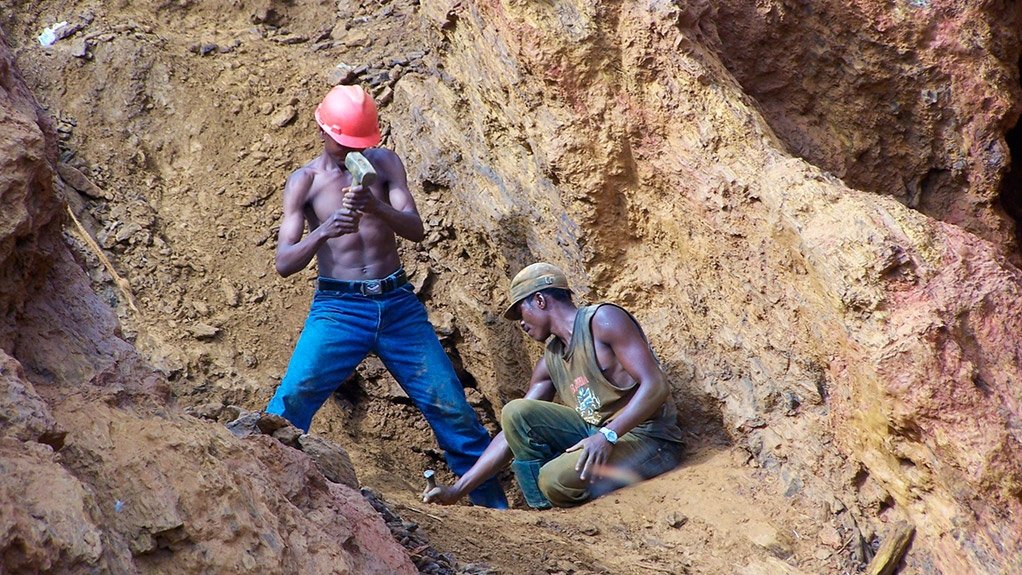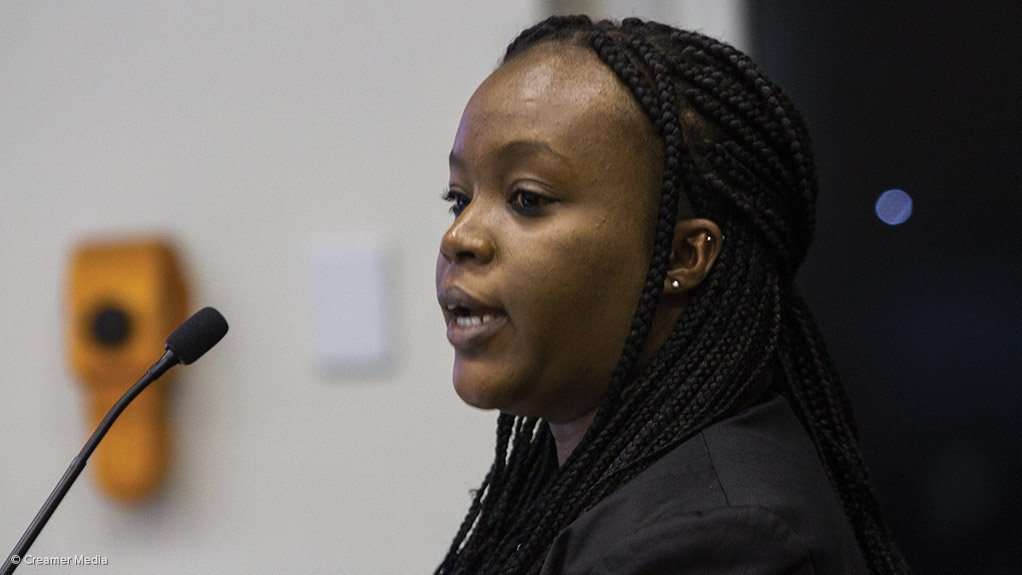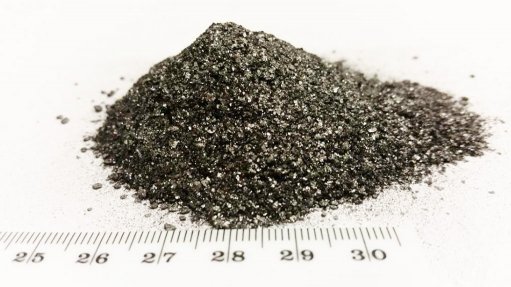Artisanal mining has huge jobs, economic potential if regulated properly – SAHRC



GOLDEN OPPORTUNITY? In South Africa, artisanal mining is not legally recognised, despite its growth and the potential opportunities it offers economically and socially
ANGELA KARIUKI The current socioeconomic situation in many parts of Gauteng had pushed many people into illegal mining activities
Photo by Duane Daws
Over the past five years, the work and interventions of the South African Human Rights Commission (SAHRC) in the environment, natural resources and rural development arena has focused increasingly on the impact of mining activities on the environment and human rights.
The commission has convened dialogues, workshops, meetings, hearings and investigations into the environmental, social and governance issues related to the
management of acid mine drainage, business and human rights in the context of extractive industries.
Special emphasis has been placed by the SAHRC on the mining sector’s role in public participation in local economic development, planning in rural areas and work related to land reform for improved livelihoods in rural South Africa.
Additionally, in line with its constitutional and legislative mandate, the SAHRC convened investigative hearings in light of growing reports, in both number and severity, of illegal mining activities across the country.
SAHRC research associate Angela Kariuki, speaking at the Nuclearisation of Africa symposium, in Kempton Park, last month, said that, in 2014, the commission compiled a report on the issues and challenges related to unregulated artisanal mining in South Africa based on these hearings.
She said that the hearings revealed that, in South Africa, artisanal mining was not legally recognised, despite its growth and the potential opportunities it offered, economically and socially.
Further, Kariuki pointed out that these unregulated activities were synonymous with social, health and environmental ills, which made them even more challenging to condone and manage.
“It appears that the challenges related to unregulated artisanal mining in South Africa and the problematic implications of not dealing with them are acknowledged,” she stated.
Kariuki noted that the complexity of the issue was compounded by the lack of research and literature on artisanal mining in South Africa. Further, she said, there was a poor understanding of the profile of the artisanal miner in South Africa.
“Not all of these individuals and groups are involved in or, if they are, began the activity with the intention of becoming involved in criminal syndicates. Not all host
mining communities have the same views around artisanal mining activity. Not all are non-nationals and neither are they all illegal immigrants,” Kariuki stressed.
She further pointed out that the current socioeconomic situation in many parts of Gauteng had pushed many people into illegal mining activities.
Kariuki highlighted that all respondents had submitted that illegal mining practices happened outside of the South African legal framework, particularly the Mineral and Petroleum Resources Development Act (MPRDA).
She explained that the MPRDA catered for medium- to large-scale mines and small-scale operators. Kariuki stated that current mining enabling legislation did not adequately provide for artisanal mining.
The Department of Mineral Resources (DMR) also indicated that the MPRDA could provide permits for artisanal miners, but that, in practice, regulation had not promoted the growth of legal artisanal mining.
Further, Kariuki stated that the DMR and various government departments had failed to prevent criminal and dangerous practices.
“Certain artisanal mining activities, such as the use of mercury and working in dangerous shafts, cannot and should not be tolerated. On the other hand, there are artisanal mining processes that have the potential to enable job creation and support informal trade and other local economic activities,” she said.
Kariuki commented that the SAHRC had made some findings and provided recommendations about the status of artisanal mining in South Africa.
Some of those findings concerned the extent to which illegality pervaded the whole mining industry, and recommendations for the improvement of the situation included the need for future strategic research into artisanal mining in South Africa.
The commission noted that there was a need for “a holistic, collaborative approach” by all role-players, namely government, civil society and mining houses, to address the opportunities and challenges posed by unregulated artisanal mining.
The SAHRC said that there was a need for an appropriate, consistent and transparent policy and regulatory framework that focused on facilitation and management of artisanal mining in South Africa and not just the criminalisation
of the activities.
The commission also stated that there was a need for government to recognise the potential value that lay in large-scale miners’ building relationships and partnerships with artisanal miners.
Additionally, the SAHRC said there was an “urgent need” for programmes for artisanal mining communities across South Africa to raise awareness about the human and environmental dangers of unsafe artisanal mining, such as the dangers of mercury use.
Comments
Press Office
Announcements
What's On
Subscribe to improve your user experience...
Option 1 (equivalent of R125 a month):
Receive a weekly copy of Creamer Media's Engineering News & Mining Weekly magazine
(print copy for those in South Africa and e-magazine for those outside of South Africa)
Receive daily email newsletters
Access to full search results
Access archive of magazine back copies
Access to Projects in Progress
Access to ONE Research Report of your choice in PDF format
Option 2 (equivalent of R375 a month):
All benefits from Option 1
PLUS
Access to Creamer Media's Research Channel Africa for ALL Research Reports, in PDF format, on various industrial and mining sectors
including Electricity; Water; Energy Transition; Hydrogen; Roads, Rail and Ports; Coal; Gold; Platinum; Battery Metals; etc.
Already a subscriber?
Forgotten your password?
Receive weekly copy of Creamer Media's Engineering News & Mining Weekly magazine (print copy for those in South Africa and e-magazine for those outside of South Africa)
➕
Recieve daily email newsletters
➕
Access to full search results
➕
Access archive of magazine back copies
➕
Access to Projects in Progress
➕
Access to ONE Research Report of your choice in PDF format
RESEARCH CHANNEL AFRICA
R4500 (equivalent of R375 a month)
SUBSCRIBEAll benefits from Option 1
➕
Access to Creamer Media's Research Channel Africa for ALL Research Reports on various industrial and mining sectors, in PDF format, including on:
Electricity
➕
Water
➕
Energy Transition
➕
Hydrogen
➕
Roads, Rail and Ports
➕
Coal
➕
Gold
➕
Platinum
➕
Battery Metals
➕
etc.
Receive all benefits from Option 1 or Option 2 delivered to numerous people at your company
➕
Multiple User names and Passwords for simultaneous log-ins
➕
Intranet integration access to all in your organisation



















